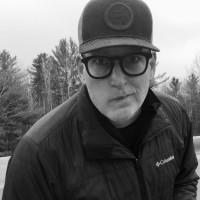We were lucky to catch up with Barry Walton recently and have shared our conversation below.
Hi Barry, thanks for sharing your insights with our community today. Part of your success, no doubt, is due to your work ethic and so we’d love if you could open up about where you got your work ethic from?
I grew up in a working-class family. My father spent his life working in factories, with the majority of his career in a steel foundry. In college, I used to visit the dark, open, and vast space where hot orange steel poured from a crane and vat suspended from the rafters above. I was amazed by his resilience, remaining in that environment for 25 years of his career.
That experience instilled in me a sense of fortitude and urgency to build a career and work hard, knowing that without determination, I might find myself in similar conditions. I love my father dearly and respect him deeply for his commitment. I can only hope my work reflects even a fraction of the dedication he demonstrated throughout his life.
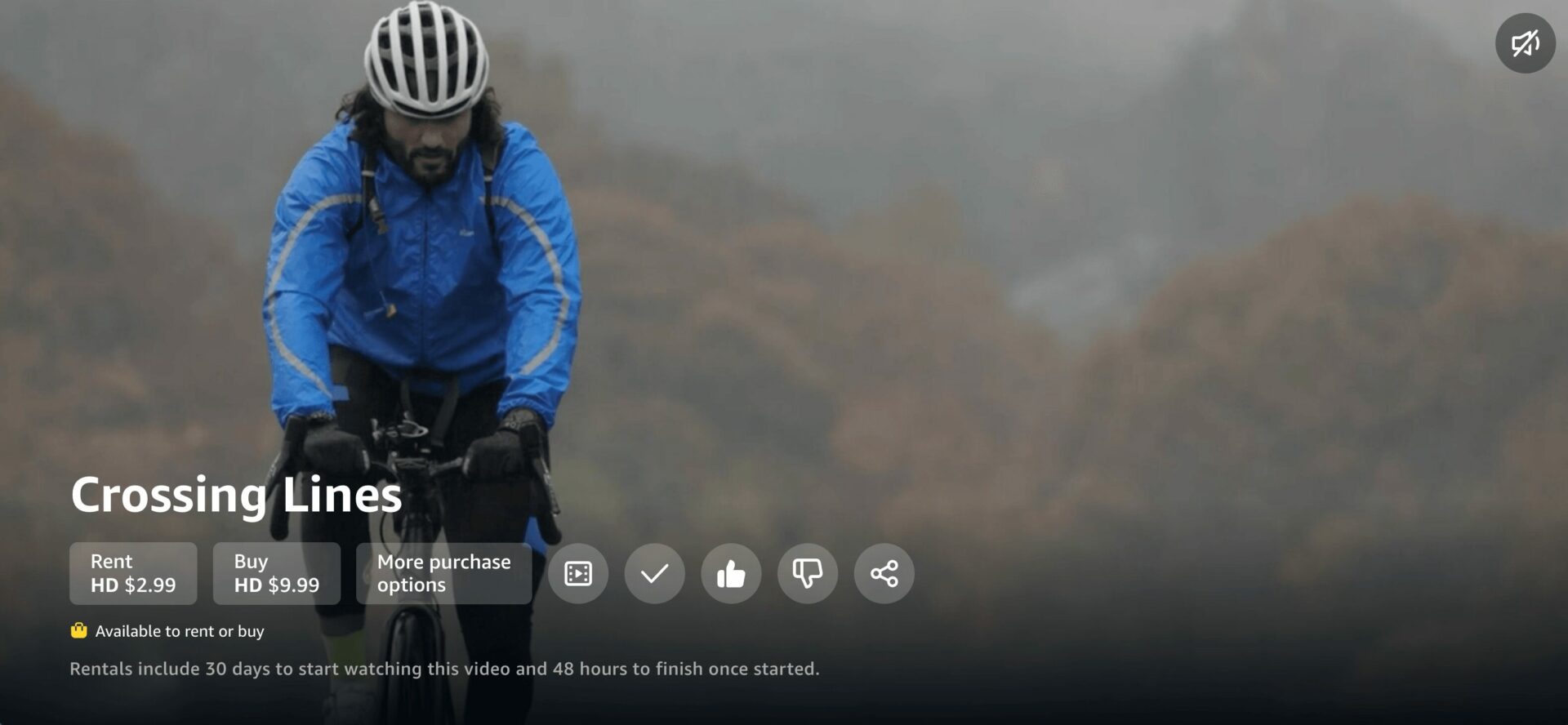
Let’s take a small detour – maybe you can share a bit about yourself before we dive back into some of the other questions we had for you?
I tell stories. It’s such a cliché and trendy thing to say that I almost didn’t want to, but it’s the simplest way to put it. I’ve been working in film and media for 25 years now. During that time, I’ve worked hard to understand the Hero’s Journey and the art of both discovering and structuring a story for documentary films. It wasn’t something I always felt confident about, and at times, especially when working on a documentary, it’s easy to completely lose the story. As it stands, after making hundreds of short-form and seven long-form films that screened in festivals both nationally and internationally, I feel like I am coming into mastery—which is to say, it took a lot of years and struggle to get here.
In my most recent work, I captured the journey of tech entrepreneur Zac Bookman as he rode his bicycle across the country from San Francisco Bay to Chesapeake Bay along the Western Express and TransAmerica routes. It was a compelling project that had us navigating challenges like the California fires and a flash flood that swept the support vehicle away. In the end, it’s a snapshot of America—both visually and through the voices of people we met along the way—all at the pace of a bike.
I am very proud of the piece and believe it’s a great adventure and insight into the geography and culture of the country. The film, called Crossing Lines: An American Ride, is available on Amazon Prime.
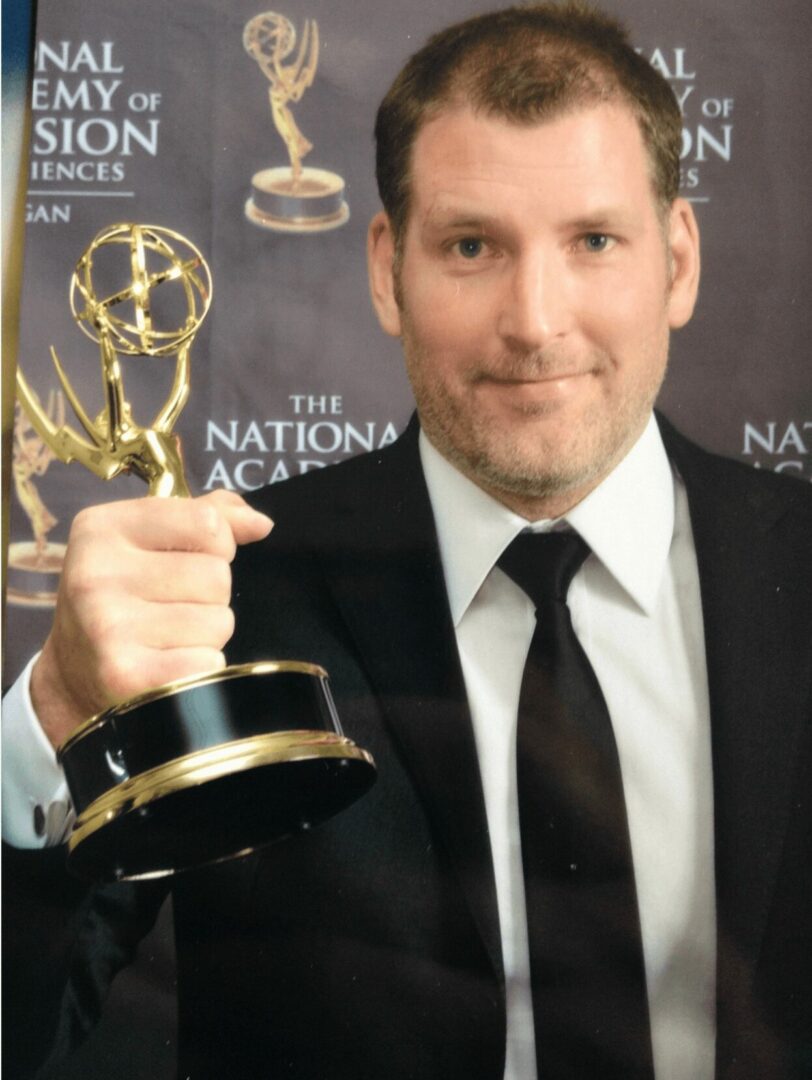
If you had to pick three qualities that are most important to develop, which three would you say matter most?
I’ll give you two of the topics: one skill and one quality.
One essential skill is the ability to separate the driving force of a story that an audience can attach to from the elements of character development and the surrounding environment that you want to share. This skill is key in shaping momentum and answering the question, “Why do I care?” for the audience. For example, I am currently following Olympic snowboarder Jake Vedder, and during filming, we captured him at a training camp over three days. The weather was horrible, and we struggled to get on the mountain, but when we finally did, it felt like a victory. That struggle and the act of overcoming that obstacle became a tangible thread for the audience to connect with, allowing us to create a microcosm of the athlete’s experience—a lens through which all other aspects could be understood.
That was one skill; now here’s a quality that complements it: you must have a deep desire to do whatever it takes to finish a project. Sometimes, this means completing something you’re not particularly passionate about, promoting it, and moving on. Not every project will be a blockbuster—in fact, almost none will be when you look at your entire portfolio. But the key is persistence. You must keep taking each step forward, steadily working toward your ultimate goal.
And with that, I’ll leave knowledge for another day and another interview.
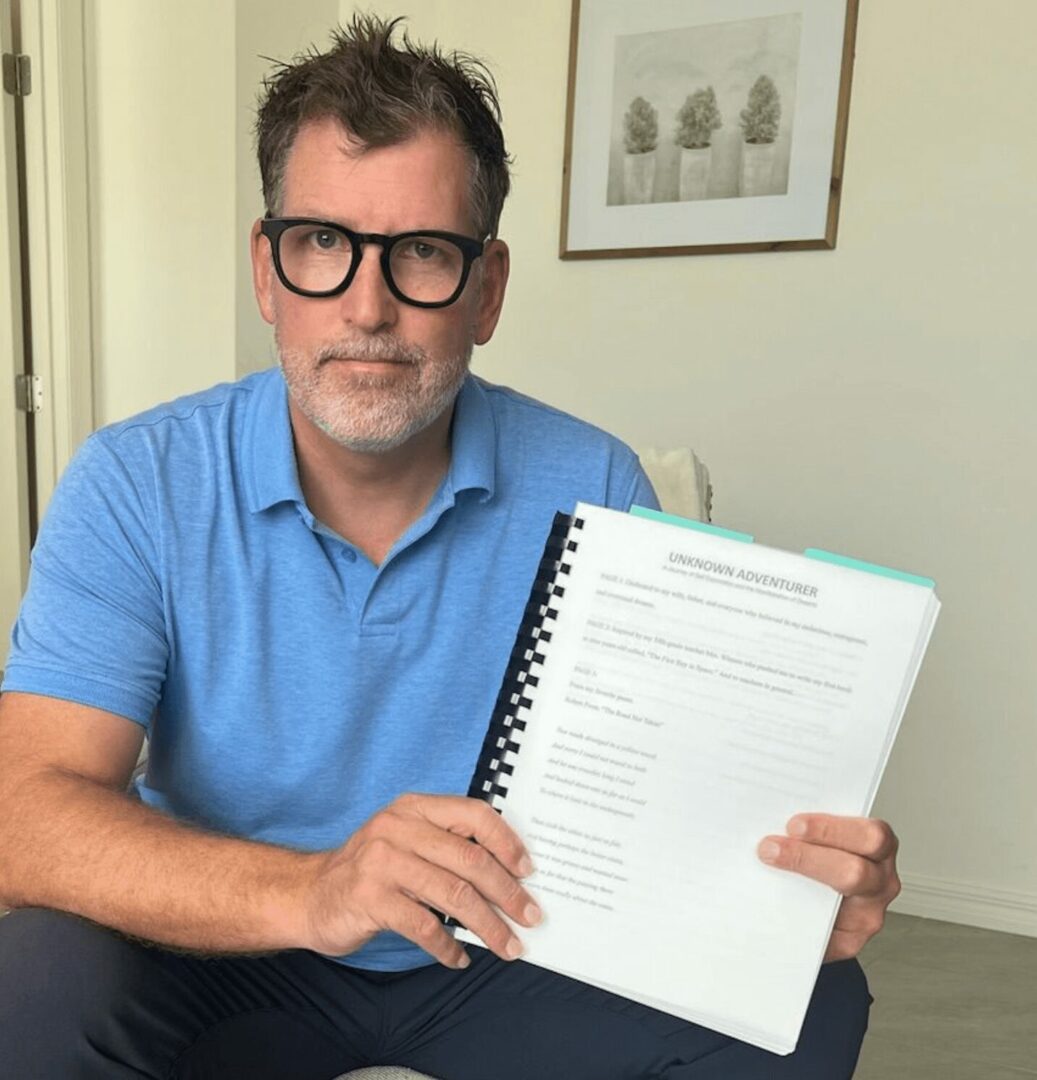
Alright so to wrap up, who deserves credit for helping you overcome challenges or build some of the essential skills you’ve needed?
The most recent person who has been incredibly helpful to me is Carlos Mora, a skilled and knowledgeable writer I’ve known since my days working on shows for Animal Planet and NatGeo. This is a testament to his talent, kindness, and the critical role of writing in development. Carlos, both a mentor and a kind soul, recently helped me refine one of my skills. He showed me a method for classifying and labeling a project’s scenes in a way that separates story, character, and other elements. By creating a chart to visualize and organize these components, I gained the ability to arrange scenes strategically to best achieve my goals. I am deeply grateful to Carlos for his dedication, hard work, and willingness to teach me.
Contact Info:
- Website: https://www.endlessmedia1.com/documentary
- Instagram: https://www.instagram.com/waltonbarry/
- Facebook: https://www.facebook.com/WaltonBarry
- Linkedin: https://www.linkedin.com/in/barry-g-walton/
- Twitter: https://x.com/BTVPRODUCTION
- Youtube: https://www.youtube.com/channel/UCA3q2CEGwwmqaxoYOzVrC1A?view_as=subscriber
- Other: Purchase my book on Amazon Prime: https://a.co/d/eOfRWH9
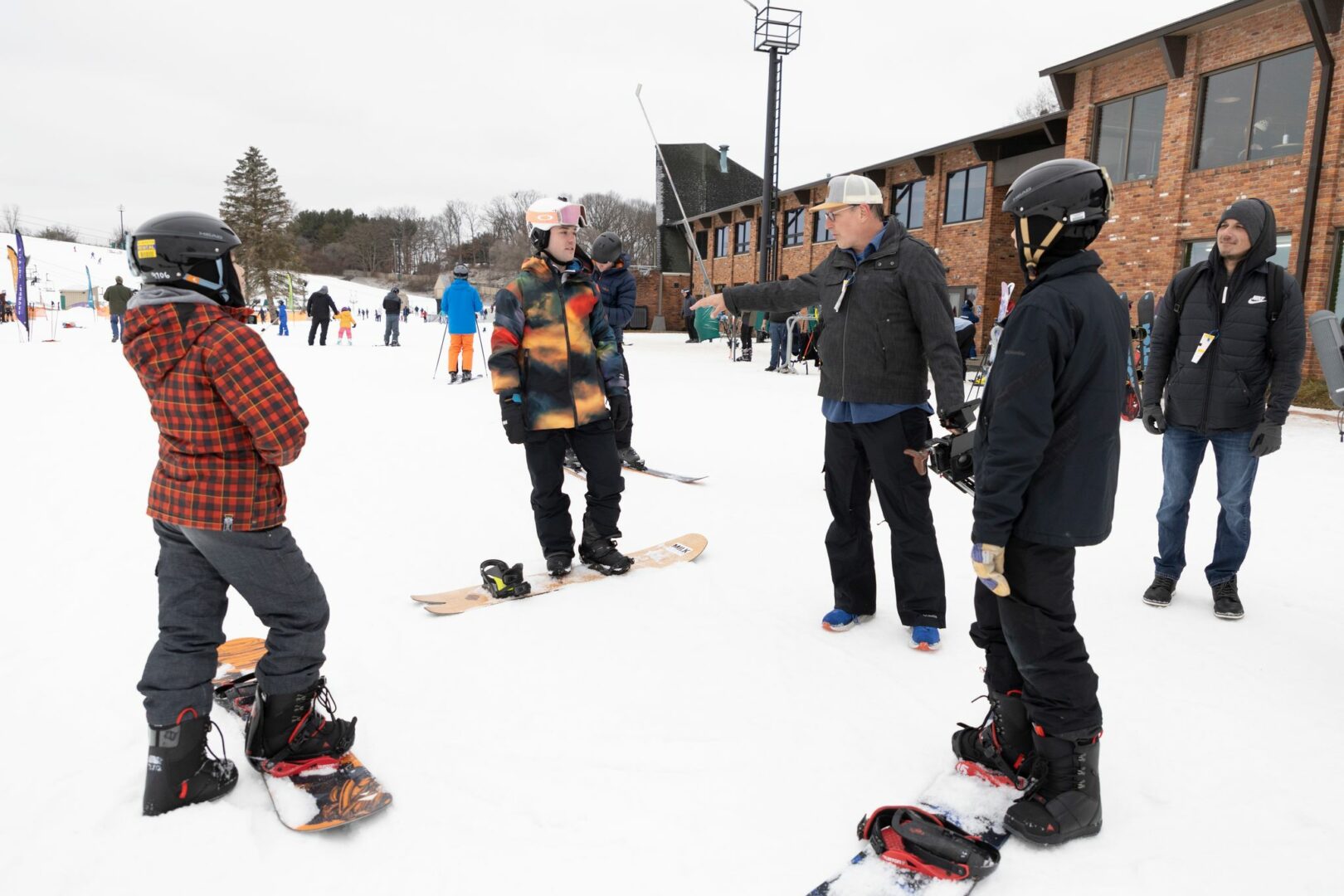
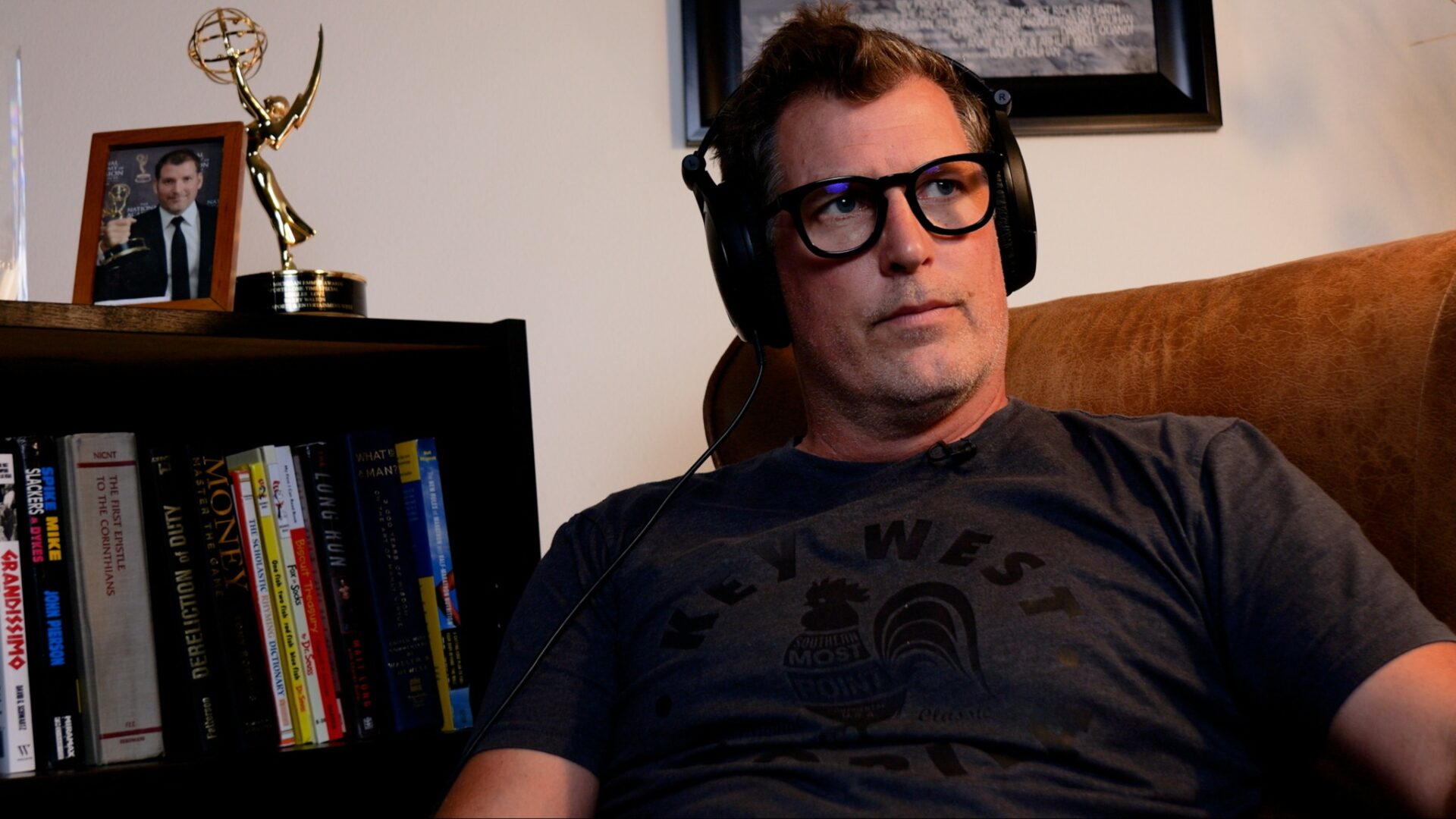
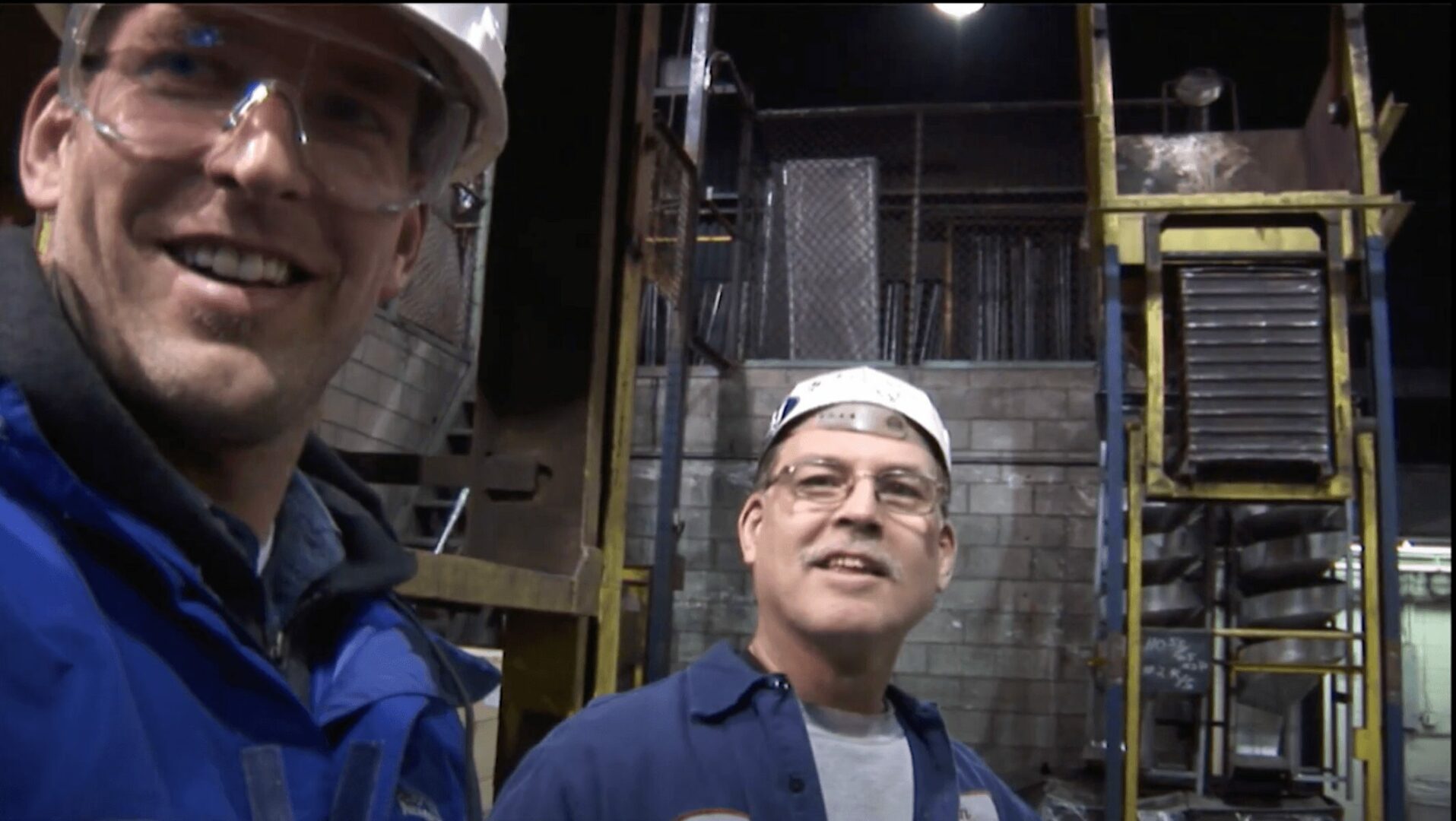
Image Credits
Credits: Endless Media, LLC – All Rights Reserved
so if you or someone you know deserves recognition please let us know here.

